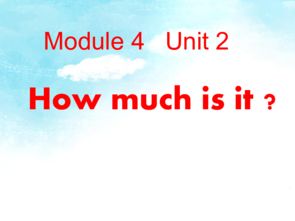GameStop: How Much Money for a Game?
When it comes to purchasing games, one of the most common questions that pops up is, “How much money should I spend on a game?” This article aims to delve into this question, providing you with a comprehensive guide on the factors that influence the price of games at GameStop and how to make an informed decision.
Understanding GameStop’s Pricing Strategy

GameStop, like many other retailers, has a unique pricing strategy that takes into account several factors. Here’s a breakdown of what influences the price of games at GameStop:
| Factor | Description |
|---|---|
| Game’s Release Date | Newer games tend to be more expensive, while older games may be discounted. |
| Game’s Popularity | Popular games often have higher prices due to demand. |
| Game’s Platform | Games for popular platforms like PlayStation and Xbox may be more expensive. |
| Game’s Condition | Used games are typically cheaper than new ones, with prices varying based on the game’s condition. |
Now that you have a basic understanding of GameStop’s pricing strategy, let’s dive into the specifics of how much money you should spend on a game.
New vs. Used Games

When considering the price of a game, one of the first decisions you’ll need to make is whether to buy new or used. Here’s a comparison of the two options:
| Aspect | New Game | Used Game |
|---|---|---|
| Price | Higher | Lower |
| Condition | Brand new | Varies (can be in good, fair, or poor condition) |
| Box and Manual | Always included | May or may not be included |
| Warranty | Always included | Not included |
As you can see, the main difference between new and used games is the price. If you’re on a budget, buying a used game can be a great way to save money. However, if you prefer having a brand new game with all the extras, you may be willing to pay a bit more for a new game.
Game’s Value

When determining how much money to spend on a game, it’s essential to consider its value. Here are a few factors to keep in mind:
-
Game’s Genre: Some genres, like RPGs or open-world games, tend to have longer playtimes and more content, making them worth the higher price.
-
Game’s Reviews: Look at the game’s reviews on sites like Metacritic or GameRankings to gauge its quality and value.
-
Game’s Release Date: Newer games may have a higher price tag, but they also come with the latest features and improvements.
-
Game’s Platform: Games for popular platforms may be more expensive, but they also have a larger player base and more community support.
By considering these factors, you can determine whether a game is worth the price tag. For example, if you’re a fan of RPGs and the game has received high ratings, it may be worth the higher price.
Additional Factors to Consider
In addition to the factors mentioned above, there are a few other things to consider when determining how much money to spend on a game:
